Sample information |
|
| Picture |
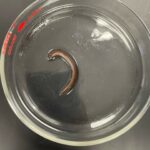
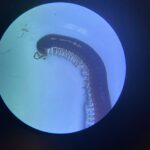
|
|---|---|
| Location | |
| Collection date | 11/12/2024 |
| Captive / Cultivated? | Wild-caught |
| Group | Walton High School |
| Observations | The arthropod is long and has many, many legs (over a hundred pairs) with two pairs per segment. It is of a dark brown color with a segmented exoskeleton. The underbelly is a cream color, distinguishing it from many other millipede species. It has two visible eyes and antennae that are bent. The body is segmented, but it does not have a thorax or an abdomen; therefore, it is not an insect. It is about an inch and a half long. |
| Putative identification | Arthropoda Diplopoda Julida Parajulidae Ptyoiulus Ptyoiulus impressus |
Methods |
|
| Extraction kit | DNeasy (Qiagen) |
| DNA extraction location | Abdomen |
| Single or Duplex PCR | Single Reaction |
| Gel electrophoresis system | MiniPCR |
| Buffer | TBE |
| DNA stain | GelGreen |
| Gel images |
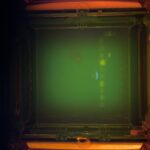
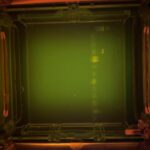
|
| Protocol notes | No visible bands appeared in the prospective millipede wells for both the Wolbachia and the arthropod gel electrophoresis. Since it is not evident that there is enough genetic material to analyze, the results are inconclusive, so this sample was not sent in for sequencing. |
Results |
|
| Wolbachia presence | Unknown |
| Confidence level | Low |
| Explanation of confidence level | Results are inconclusive since PCR and gel electrophoresis were unsuccessful. Sequencing was not run, so identification cannot be determined. Therefore, I am not confident about what the species is. |
| Wolbachia 16S sequence | |
| Arthropod COI sequence |
|
| Summary | |
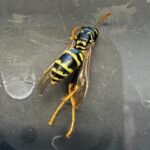 European Wasp
European Wasp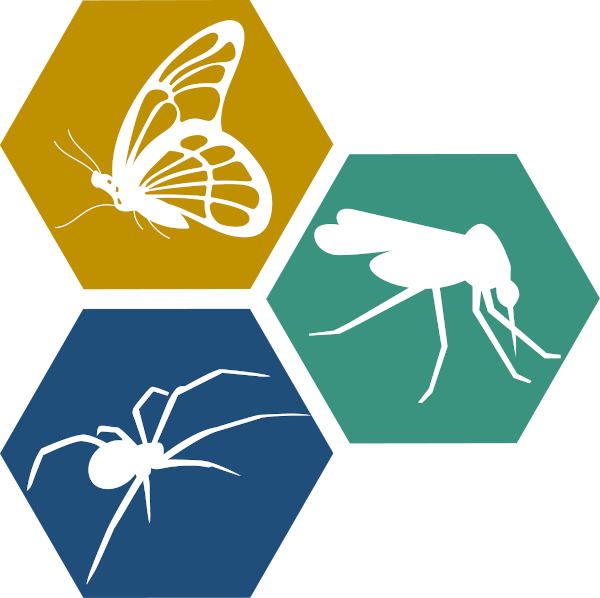 Small Honey Ant
Small Honey Ant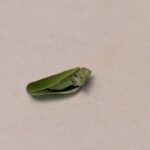 7A
7A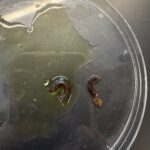 Millipede 7F
Millipede 7F